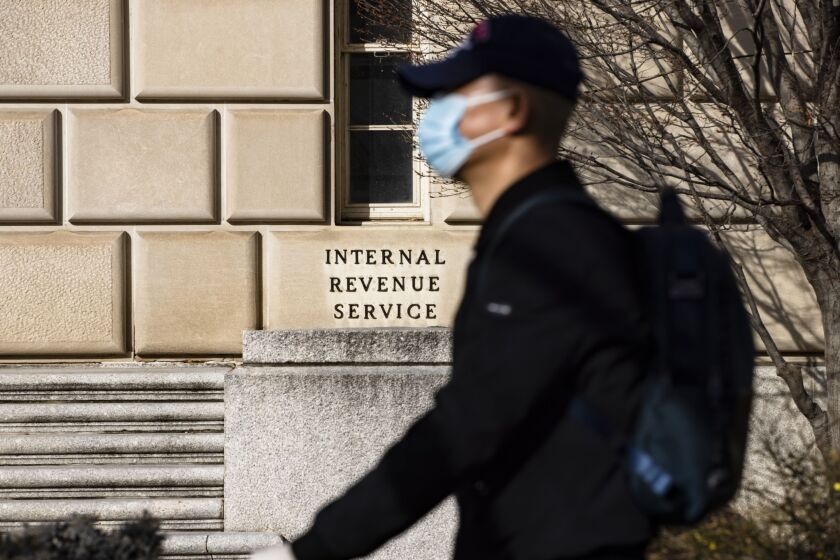Amid the worldwide coronavirus crisis, making cross-border payments to emerging markets has been akin to putting together a jigsaw puzzle without many of its pieces.
With that type of stress on a local banking system and financial market, some countries have closed markets, the stock exchange and even the payments systems.
"That means the banks have cut them off from the rest of the world," said Carsten Hils, global head of INTL FCStone's Global Payments Division.
With things changing hourly, various aspects of the financial network can be shut down for short or long periods of time.
"To close the payments system has a lot of implications," Hils added. "If money doesn't transfer from one system to another, people cannot get paid, and companies cannot raise money or even invest. It's a double-edged sword."
In that environment, the company had many clients wondering whether a country "was open" and whether payments could be made. "Some of our clients are corporate people making payments to other corporations, such as a company from Honduras selling coffee to Starbucks can't be paid anymore," Hils said. "If Starbucks cannot pay for what it needs, the whole system collapses."
For more than two years before the coronavirus outbreak, INTL FCStone's Global Payments Division in New York delivered rate information to correspondent banks in emerging markets through its FXePrice platform. It was another service the company felt it could offer to complement the FXecute Global Payments Platform, which it had in place two years earlier as its overall global payments service, in place since 2004, continued to expand.

Ultimately, the company rolled out the Global Payments Network, a service that provides more information about various aspects of the financial climate and factors that affect the operations of the banking system and the ability to accept payments in those markets.
The Global Payments Network delivers information from 175 countries and 140 different currencies to clients to keep them informed up to the minute on the status of struggling local economies and banking networks.
While INTL FCStone differentiates itself from others in focusing on "exotic" currencies and markets, other companies and organizations have pushed to expand and improve their B2B and cross-border payments capabilities.
The Internal Revenue Service will allow businesses that got their Paycheck Protection Program loans forgiven to write off expenses paid for with that money, shifting policy after Congress passed new legislation last month.
The Internal Revenue Service and the Treasury Department released guidance on claiming deductions for expenses associated with Paycheck Protection Program loans that have been forgiven.
The Internal Revenue Service is once again depositing the latest round of Economic Impact Payments in the wrong bank accounts in a replay of problems experienced last year by many taxpayers.
In addition to the massive Swift network continuing to make improvements through its Global Payment Innovation service, Visa launched the B2B Connect private network and Mastercard acquired Transfast to expand its ability to deliver account-to-account connectivity worldwide and offer more robust foreign exchange tools.
Ripple is in the game as well, with its blockchain-based payment scheme, and JPMorgan is involved in the Interbank Information Network focusing on cross-border payments.
MoneyGram, with its closer partnership with Ripple, and Western Union have also made strong advances in digital payments.
Still, INTL FCStone is finding its type of service essential to get money into markets that can be volatile for any number of political or natural-disaster reasons, let alone the current health care crisis.
The company says it had more than 3,000 clients sign up for the expanded service in the past few weeks in order to get the latest research.
A typical update from the network would contain the latest information about the status of financial markets and banks from locations like the Maldives islands in the Indian Ocean, or Jordan, Honduras, Nepal, Bangladesh, India, Colombia and Sri Lanka.
"It's a fluent process," Hils said. "Maldives might say they would open the market one day, and then change that the next day, based on what the banking regulator said. We have to pass on that information and update it right away."
The company promises to keep in touch with its series of 350 correspondent banks and the local governments to stay on top of the latest information related to stay-at-home edicts and banking business hours.
"It makes sense that INTL FCStone would be providing these types of updates, given their market coverage," said Talie Baker, senior analyst with Aite Group. "The announcements help show their expertise in these markets, which can help them attract more business."
The company serves global banks to facilitate cross-border transfers. This type of service helps "build their credibility with banks that may or may not be their customers," Baker added.
INTL FCStone initially built its online platform for clients and governments to make cross-border payments and receive research about the countries in which they wanted to do business. The company sends the cross-border payment money on behalf of its clients, without any pre-funding from the client. It then sets up a payback schedule to be reimbursed via ACH, a debit account or direct payment.
"It was to put a focus on the financial market, not really about a health care crisis in the country," Hils said. "Obviously, if there was an earthquake in Haiti, our information would be about the medical supplies needed and personnel and equipment. But mostly, it would be about the exchange rate at the time, and which banks were operating and which ones might not work, for any number of reasons."





